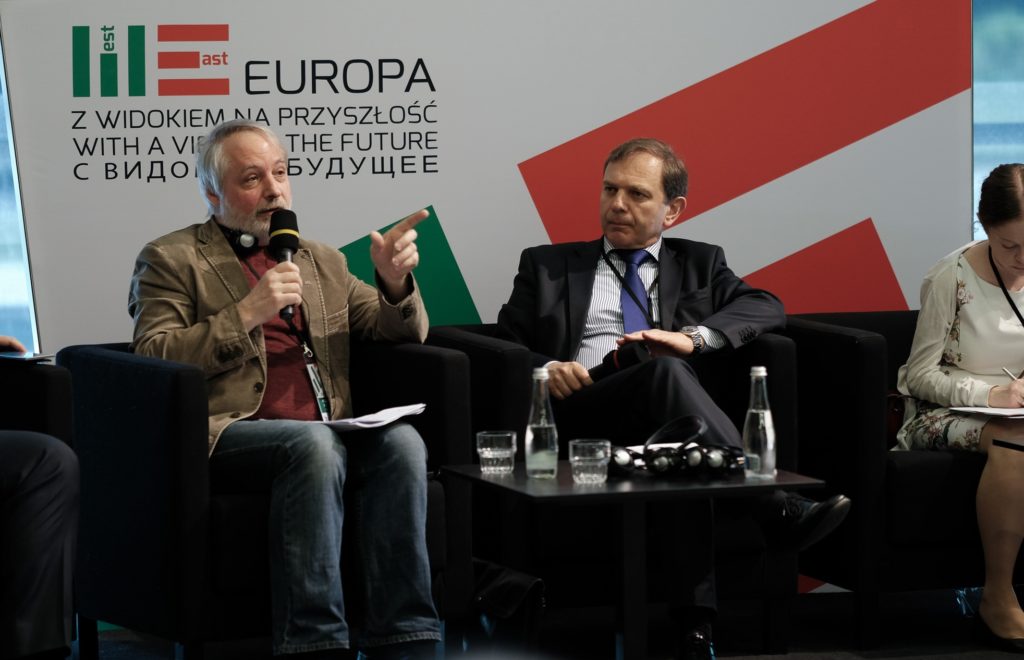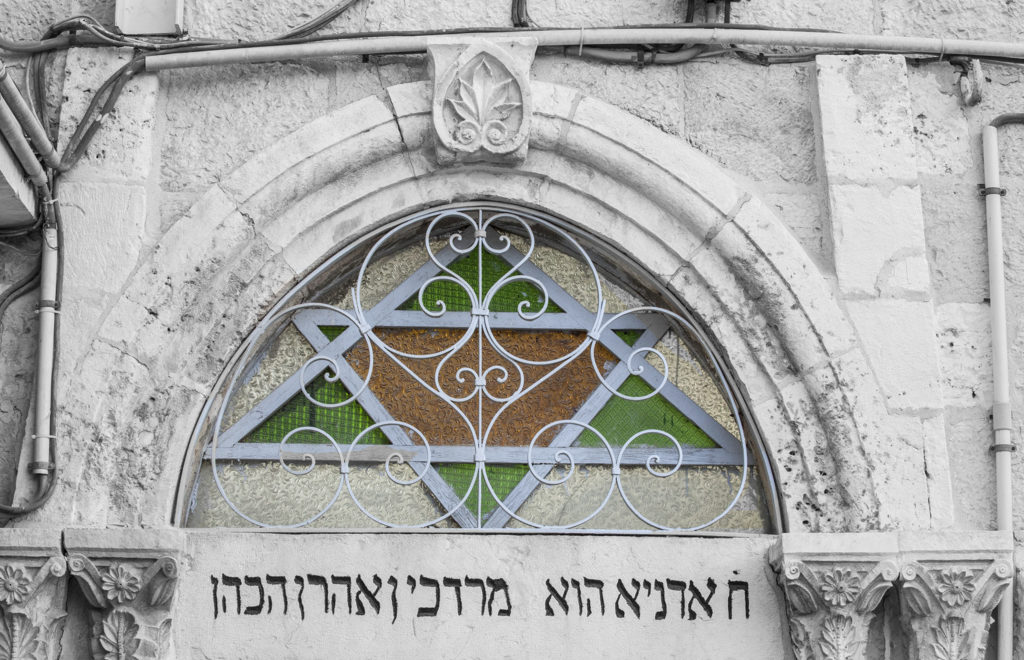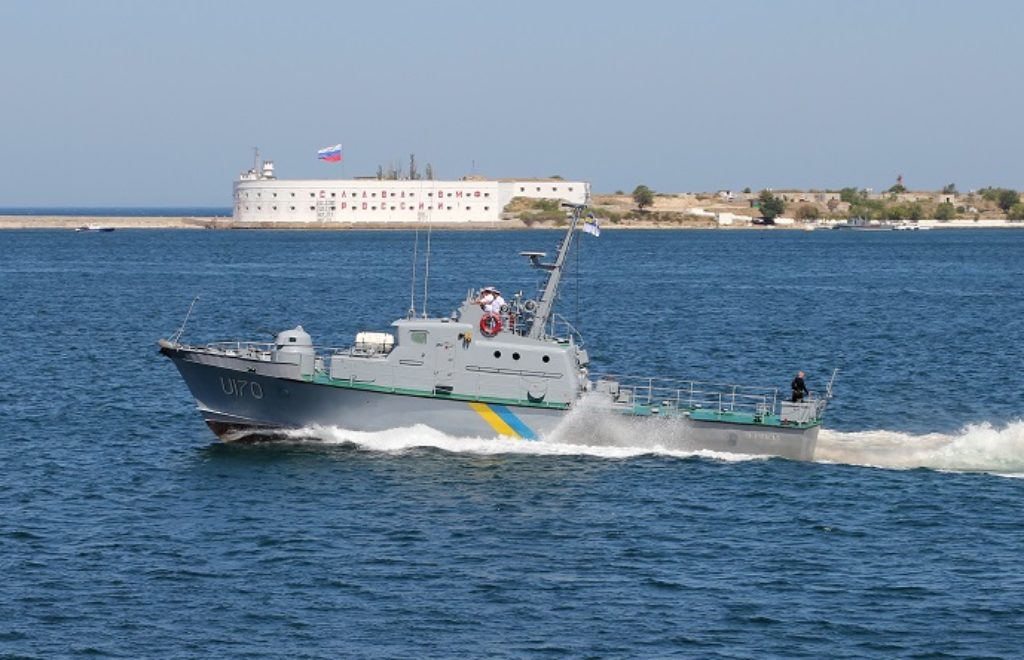A history lesson on European integration
Many historians and academics have seen the multiculturalism of the Polish-Lithuanian Commonwealth as Poland’s unique contribution to a unified and integrating Europe. As Saint John Paul II famously stated: “From the Union of Lublin to the Union of Europe,” the Polish-Lithuanian state can be viewed somewhat as a prototype or socio-political laboratory for contemporary solutions to European integration. And while the ethnic and religious diversity of the Polish-Lithuanian Commonwealth is a well-documented fact, it is hardly part of Poland’s collective conscience today. The temptation to view the history of the Polish-Lithuanian state through the lens of the contemporary Polish nation is shared by both ordinary citizens and the political elite.
February 26, 2018 - Dominik Wilczewski








































